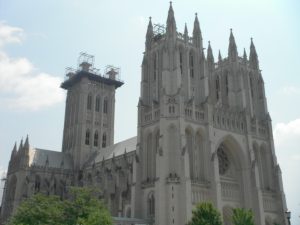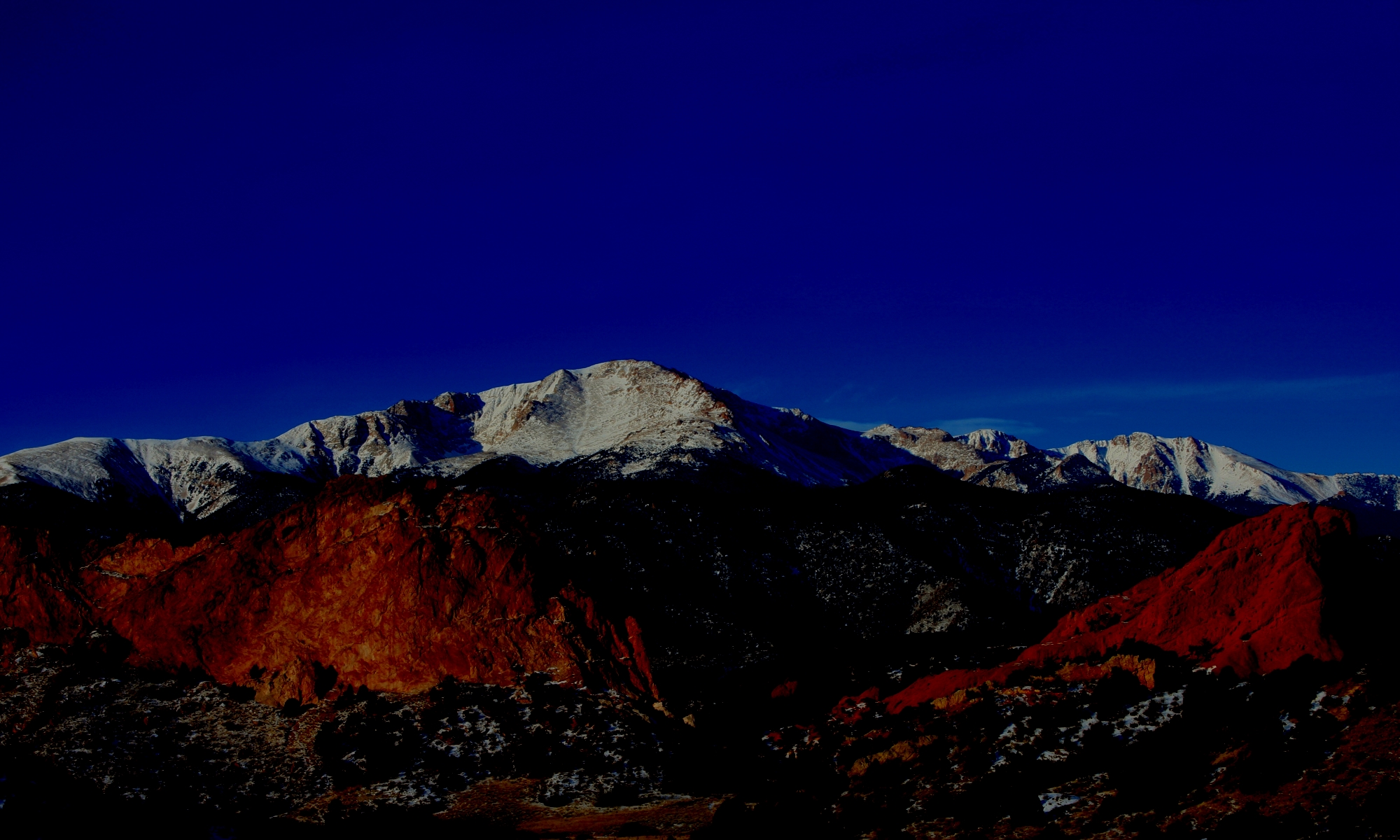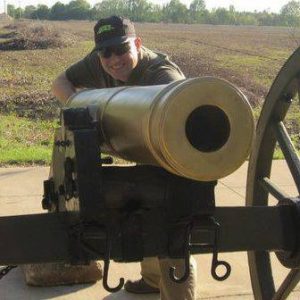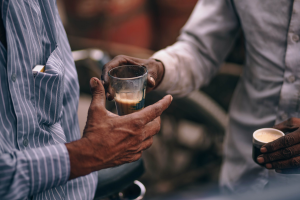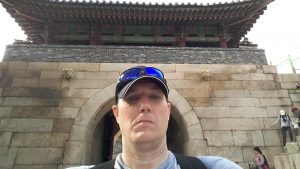
When lords of realms owned the land and people served as serfs
Landed knights practiced warfare while people worked the earth.
The Church and all its mystery held the hearts and fears of men,
While towns held guilds and craftsmen where prosperity would begin.
When people’s fates were much more locked by the tyranny of birth,
There was little change of standing and little measure of human worth.
When knight-errants roamed from land to land seeking wealth and station,
There was little more than patron lord with almost no concept of nation.
Plague and famine and dissolution concentrated wealth,
And suddenly added value to a worker in good health.
Concentrated capital allowed the wealth of nations to rise,
While families of Kings and Queens held their eyes upon the prize.
As economic vibrancy led to ostentation,
Patronage to the arts led to cultural maturation.
From Italy came the Renascence and with it logic’s whip-
The birth of science and its challenge of the Church’s grip.
From Renascence to Reformation, history starts to churn,
People challenged Miter and Crown and all of Europe burned.
For the average man a wonderful gift came from this conflagration,
The Enlightenment and philosophy gave us the social contract nation.
A model for living first espoused at the Grecian birth of philosophy,
Found at last the time and place to reach maturity.
The glorious social contract between the state and the people,
Allowed the common to become their best without fear of Crown or Steeple.
Then in the West there arose across the mighty sea,
The pinnacle and perfection of this humanist polity.
Formed from a classical ideal of citizenship and the value of the average man,
Limited governance with check and balance were the heart of the master plan.
Through a double generation of sacrifice, compromise, and sometimes error,
The roots of the Liberty Tree grew along with national power and terror.
For in our founding compromise was a crack that all could see,
In a land built on the freedom of men there was an acceptance of slavery.
Then came the four long years of war- a divided nation’s strife;
The sin of bondage paid in blood and massive loss of life.
Though Father Abraham had planned to gently heal the broken nation,
The future course was complicated by his brutal assassination.
So half the land faced Reconstruction- a military occupation,
And then as violent political response- the Klan had its formation.
For a century there existed a paradox based solely on color of skin,
As freedmen found themselves trapped still as second class citizen.
The wounds of racism continued on as Freedom’s awful hemorrhage,
Another bleeding wound was found in the lack of women’s suffrage.
The Twentieth Century marked the rise of the US to its pinnacle of might.
Ironically, by freeing other nations, our politically wounded found the will to fight.
First the woman’s right to vote came after World War I,
A century of Suffragettes had found the race was won.
Old Jim Crow was finally killed a decade after World War II
Separate but Equal was struck down and Civil Rights were coming too.
Equality for all at longest last was legally enshrined,
Yet sexism and racism lived on- though socially it declined.
The problem is in the heart of all- ourselves, our sisters, and brothers,
For in our willful ignorance we fear the different and the others.
A half-century later the nation still finds itself in strife and discontent,
As economic malaise, and fractious politics have citizens rent.
Unending war has stretch the wealth of the nation out of joint,
Political populism and reactionism have us at the breaking point.
There is another problem that cycles through history,
A subtle weaving spider with poison as strong as racist misogyny.
In the spider’s web is found a danger to a free nation’s health,
The sticky fiber of this web is accumulated wealth.
The issue is not the wealth itself but how the wealth is used,
For the wealthy tend to rewrite the rules and through that wealth is abused.
The free market ability for people to rise through intellect and effort is a virtuous thing,
But when wealthy elites and politicians conspire “free market” has a hollow ring.
While profit and prosperity can be drivers of change and progress,
When consolidated with the few, they are drivers of social unrest.
Through historical review, there is a response to oligarchism,
And we are witnessing it now- the rise of populism.
The terrible truth is that our founders knew this as a fact.
The checks and balances that they established where their balancing act.
Though flawed with political compromise, their documents clearly state,
Their ever present purpose to protect the people from the state.
In doing this they also hoped to save the state from the mob,
But maintaining this balance requires that we the people do our job.
We must educate ourselves for informed citizens are not sheep,
And the pursuit of happiness doesn’t guarantee a catch or keep.
With legalistic scalpels we parse our founder’s words and intended purpose,
In doing so our illiteracy is coming home to curse us.
In our quest for excellence in science, technology, engineering and math,
We completely miss that philosophy is what set us on this path.
This brings us back full circle to the problems we face now,
In a much divided nation, we need to unify somehow.
The problem is that never before has so much information,
Been both available and unused- a pity for this nation.
In our quest for self-actualization we’ve allowed our aim and purpose,
To become so much about the “I” that we’ve lost the “us”.
The only way back from the path that takes this nation to its grave,
Is to realize we’re all prisoners, trapped in Plato’s Cave.
The images we think we know are merely shadows on the wall,
We must break free and leave the cave so our false notions fall.
And though the burning blinding sun may feel to us abuse,
It is only in its brilliant light, we see the complete truths.
